
As a manager in the events industry, you are probably more aware than ever of the impact of employee mental health on your team's success.
Factors including stress and burnout not only result in increased absenteeism and disability leave, but also increased errors, accidents, interpersonal conflicts and decreased productivity.
So what can you do to support the mental health of your team?
1. Make reasonable adjustments
Even with a robust well-being strategy in place, employees will still face mental health difficulties. Making reasonable adjustments to remove disadvantages felt by staff because of a physical or mental illness is a legal requirement under the Equality Act 2010 and can help staff to reach their full potential.
2. Be proactive as well as reactive
Actively promoting positive well-being by communicating a compelling vision, providing learning opportunities, creating meaningful work and having a sense of shared purpose.
Ultimately, there is no blue print for creating a positive approach to mental health in the workplace because every workplace is different. As a manager, your first step is to understand your team, job demands, and professional and personal stresses - and find unique and innovative ways to support them.
You may provide new parents with excellent parental leave or flexible working hours. If physical well-being is a concern on your team, you can look at free or discounted gym memberships. Even small initiatives such as remote working can demonstrate your concern for the well-being of your team.
However, while workplace programmes are important, managers who know what to do when employees are in distress are the real key to any successful workplace mental health strategy.
Information provided by Excel London
Many of our members are now trained with Mental Health First Aid; remember to stay up-to-date and attend refresher courses.
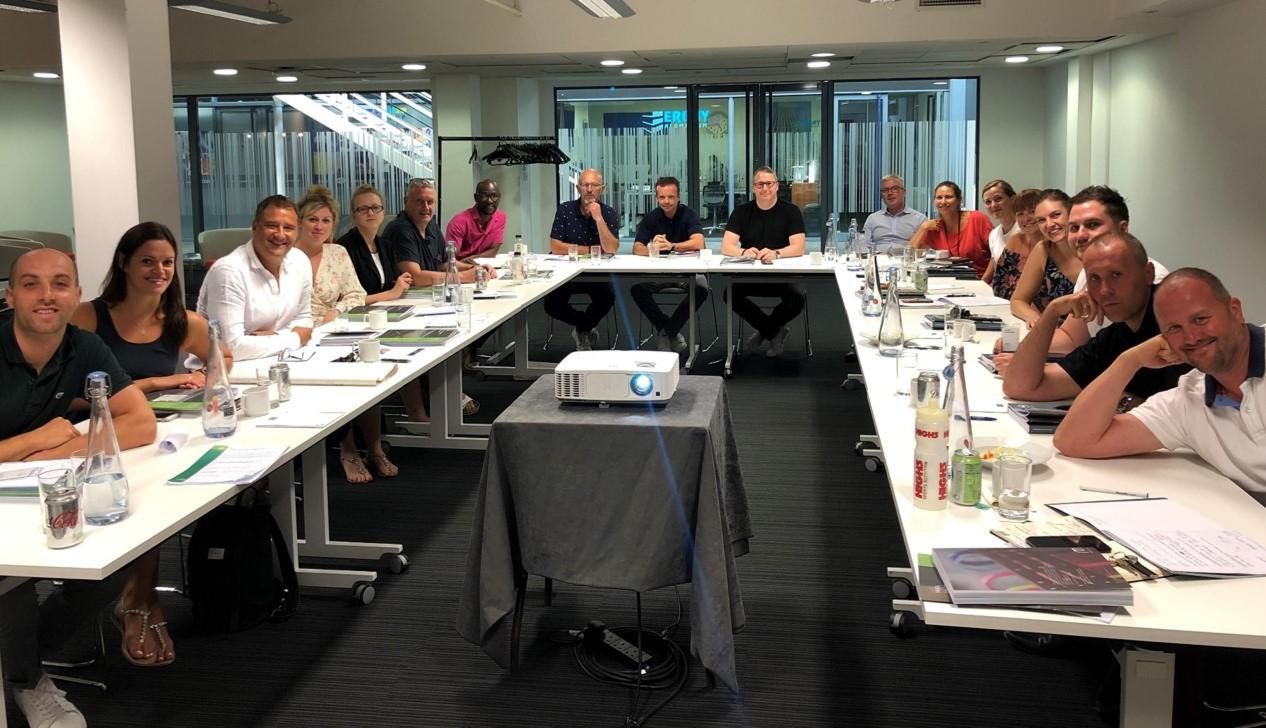
Case studies: mental health first aid at work
Use these posters in your staff room to remind everyone of who they can go to for support...
Posters provided by MHFA England
Healthier workplaces
Most people who experience the menopause do so during their working life. For some, symptoms can become so unmanageable, they’re forced to leave their job.
How menopause can affect your business?
Nearly two-thirds of women who have experienced the menopause found it difficult to concentrate at work. And 1 in 10 have left a job due to their symptoms.
Start to open up the conversation around the menopause by letting your employees know what support is available to them. It could mean you get the best out of your people and prevent their top talent from leaving.
BUPA has a really useful toolkit available for year-round use within our businesses to help support and educate managers and staff.
Download HERE (resources from different professional bodies are also available, if you know of any that should be signposted here please contact info@aev.org.uk).



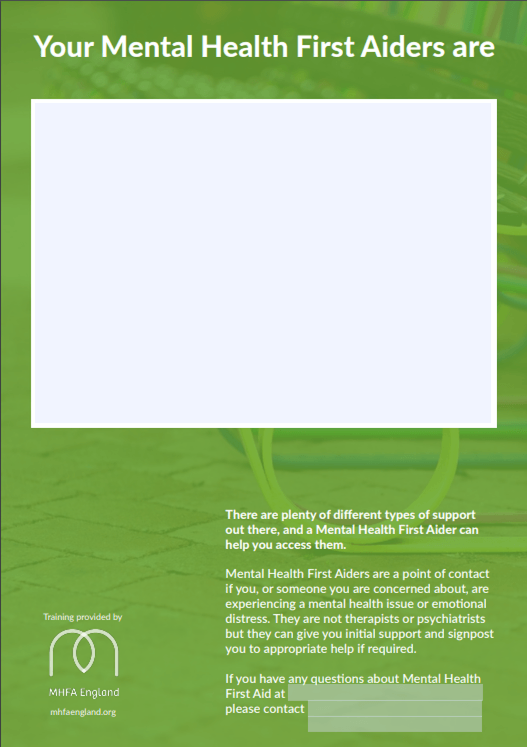

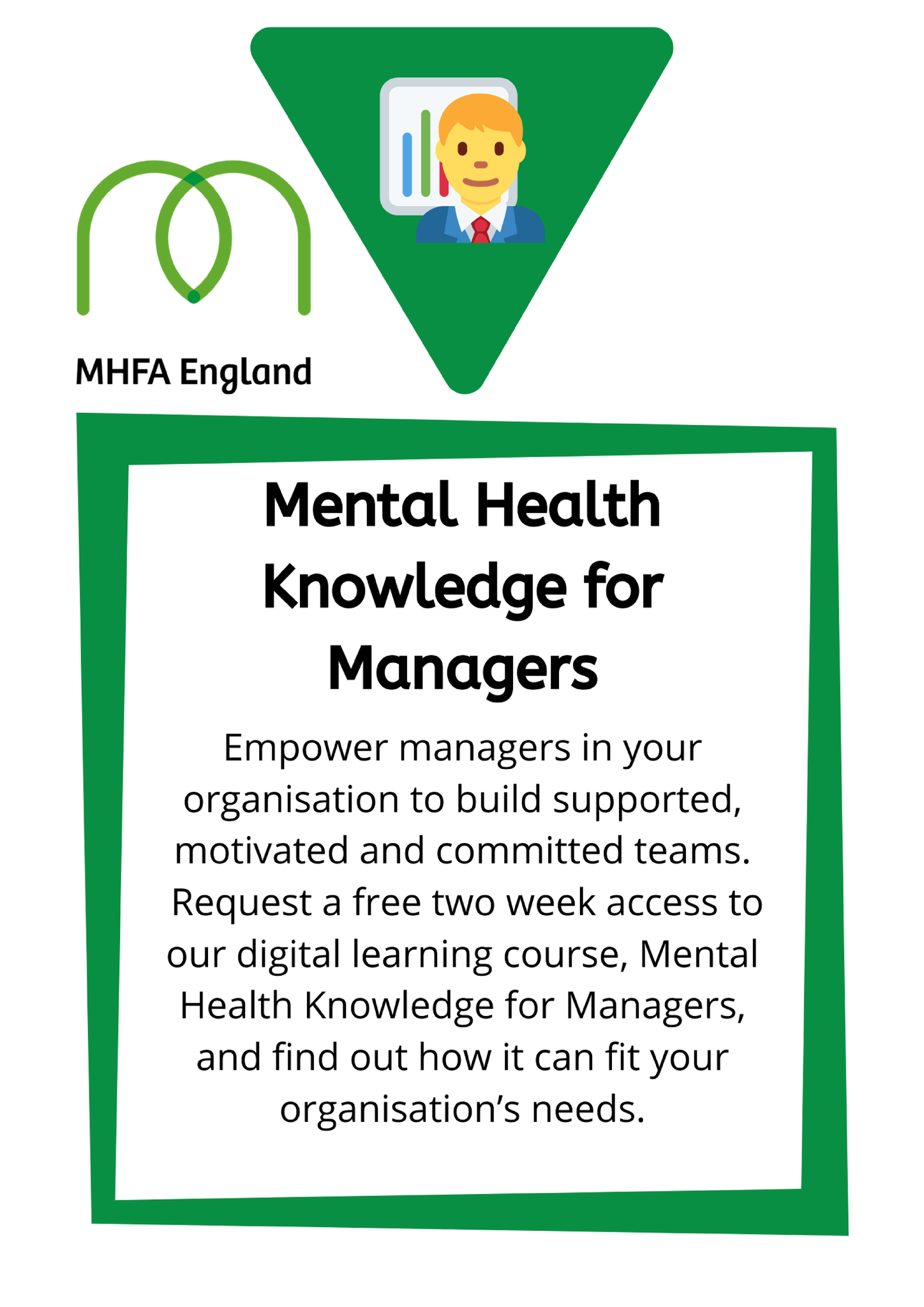
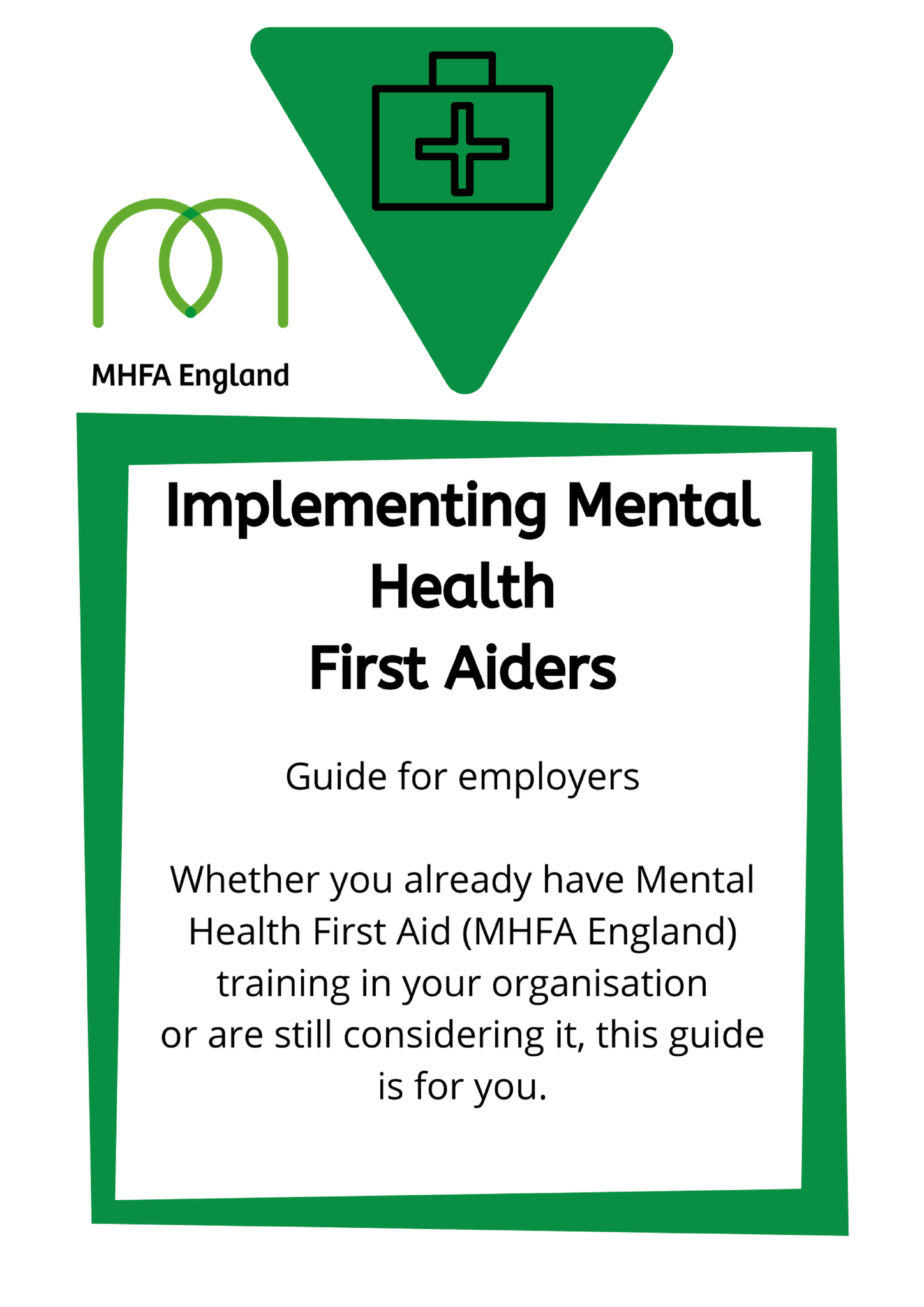
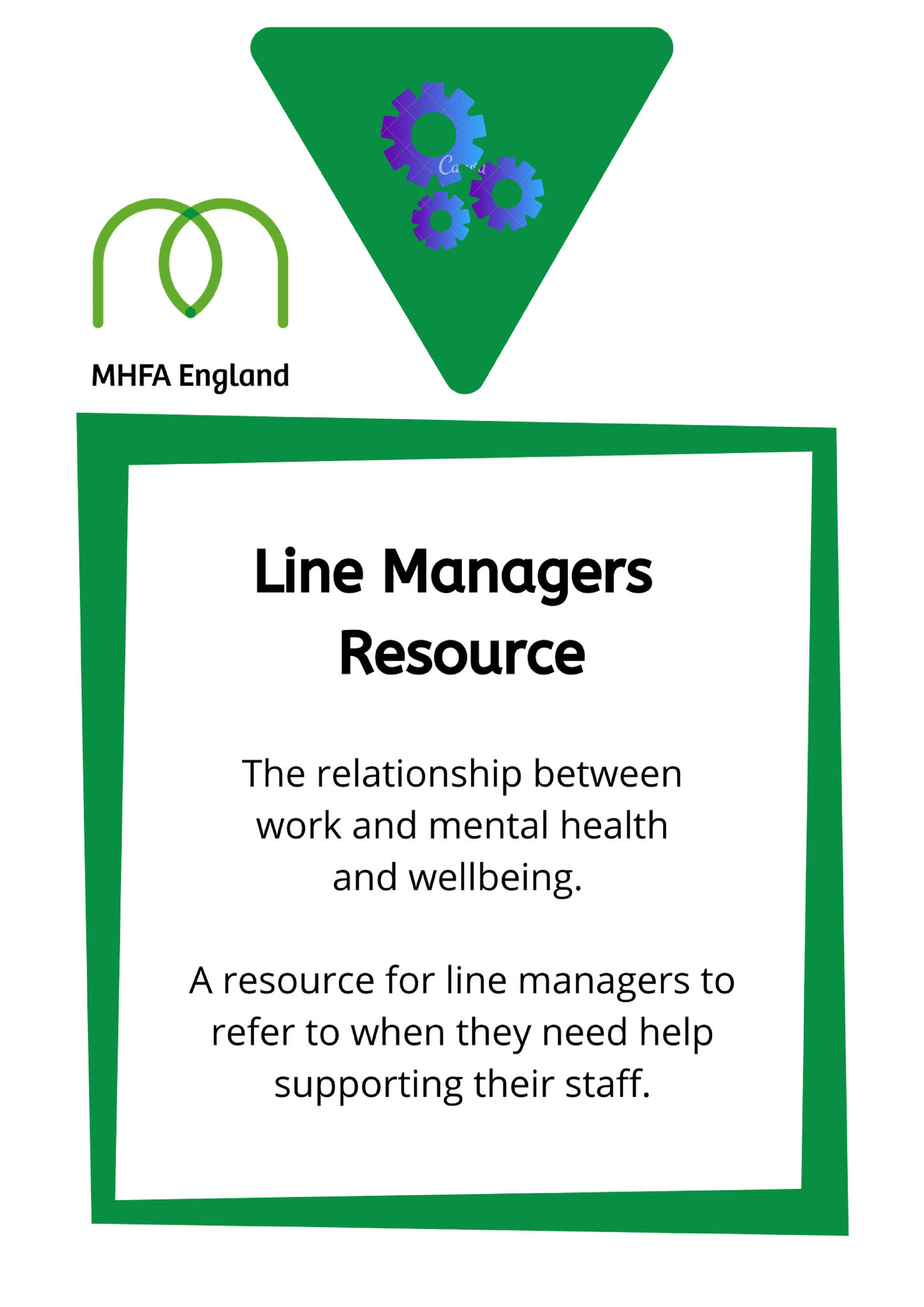
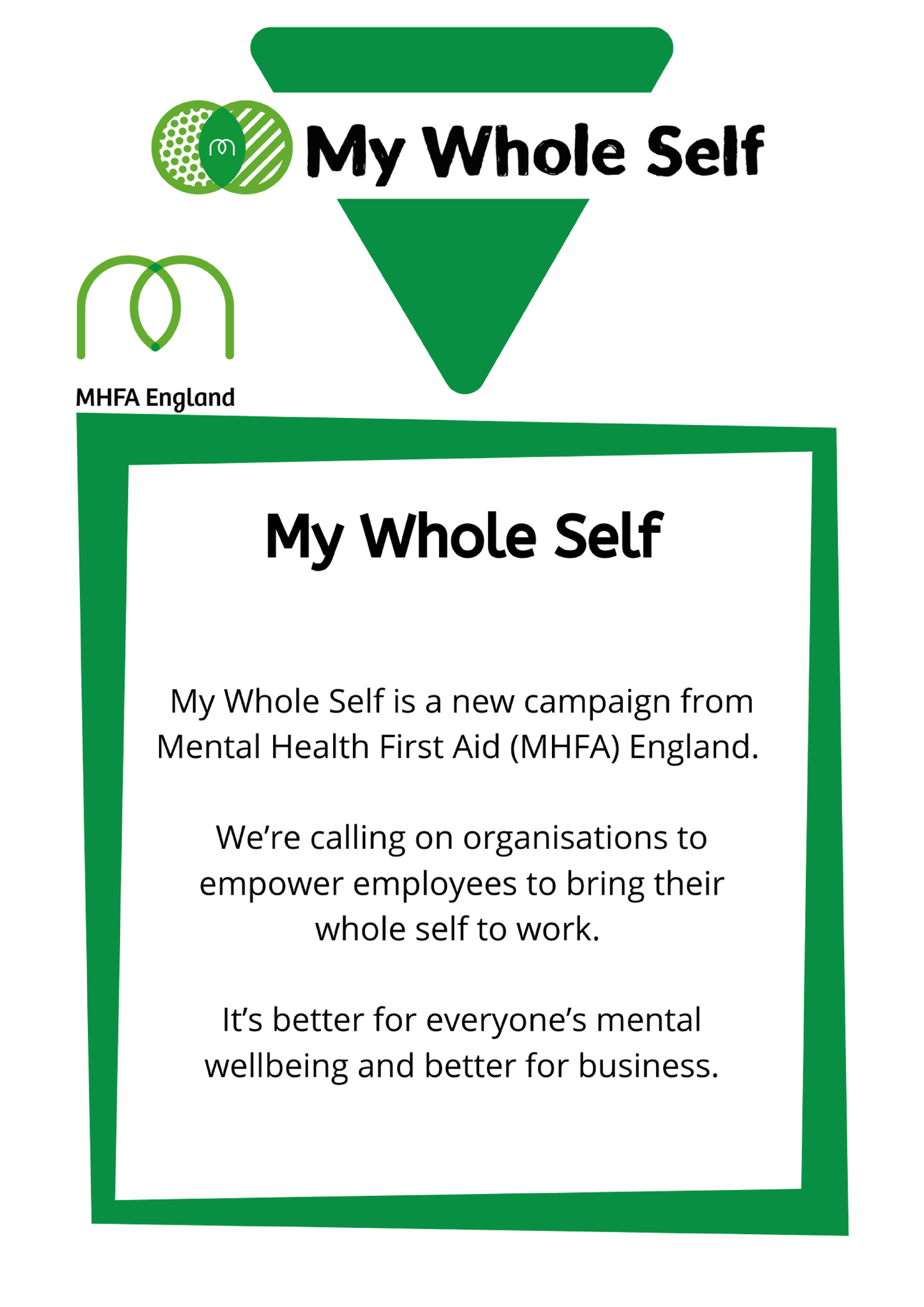
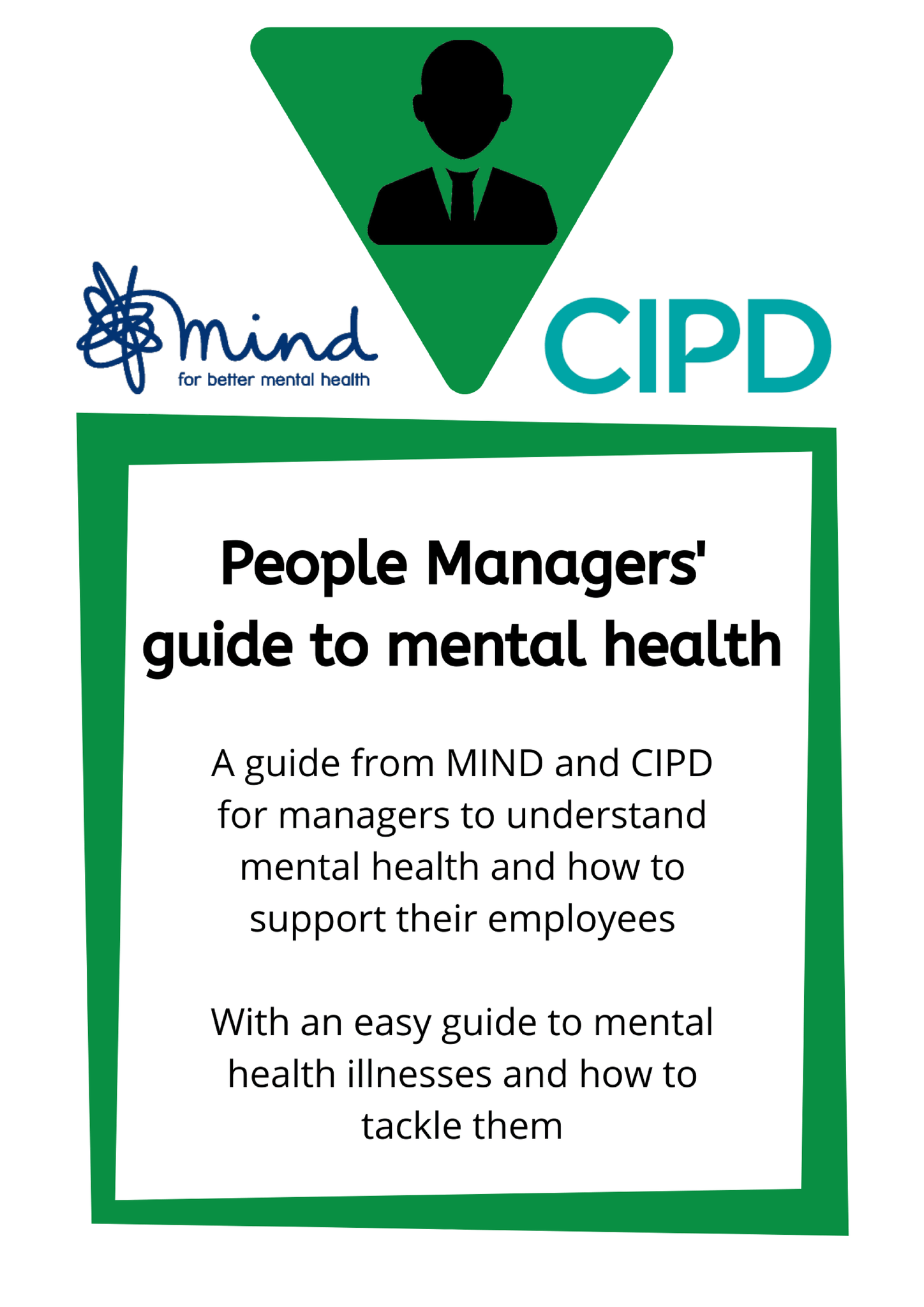
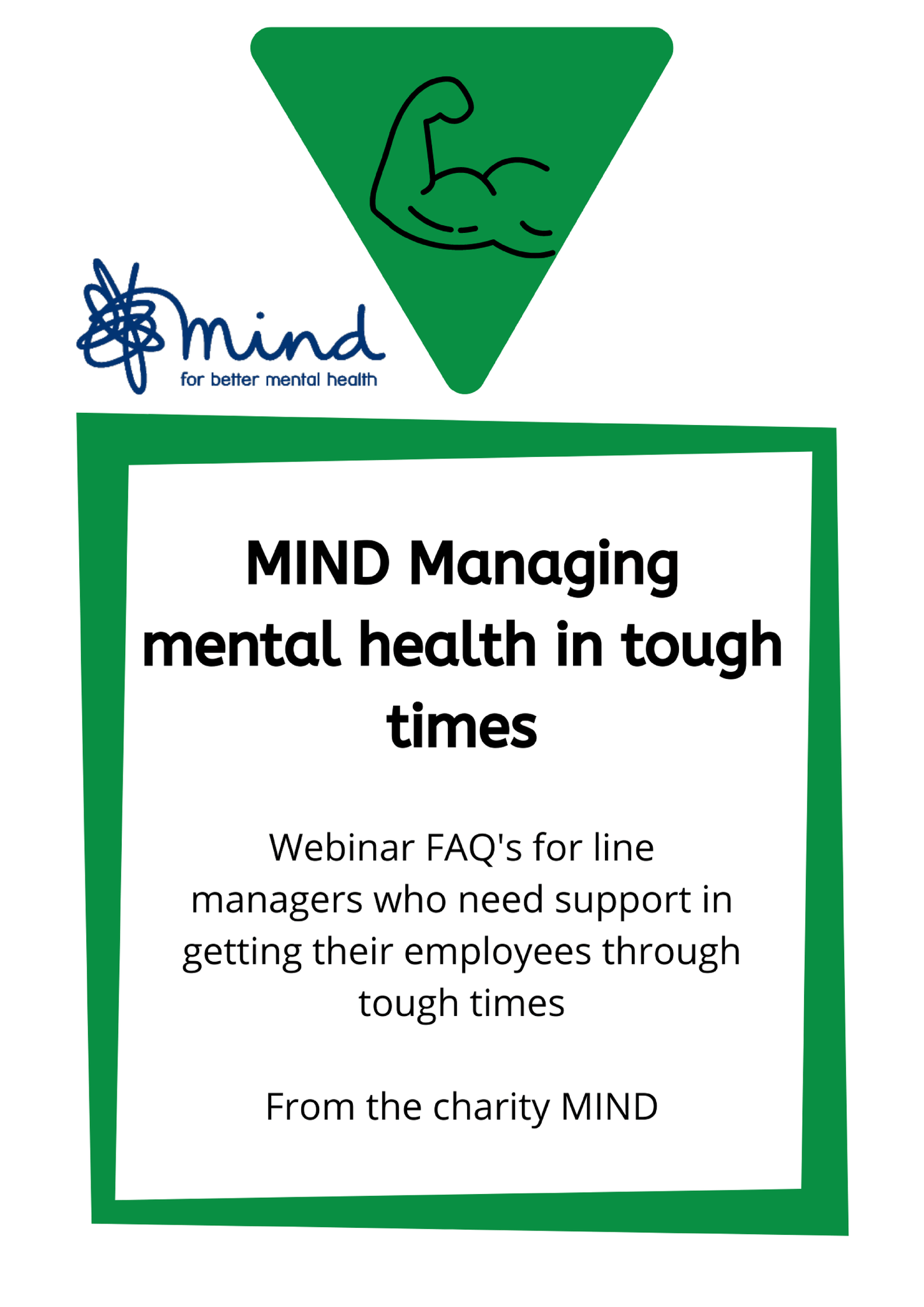


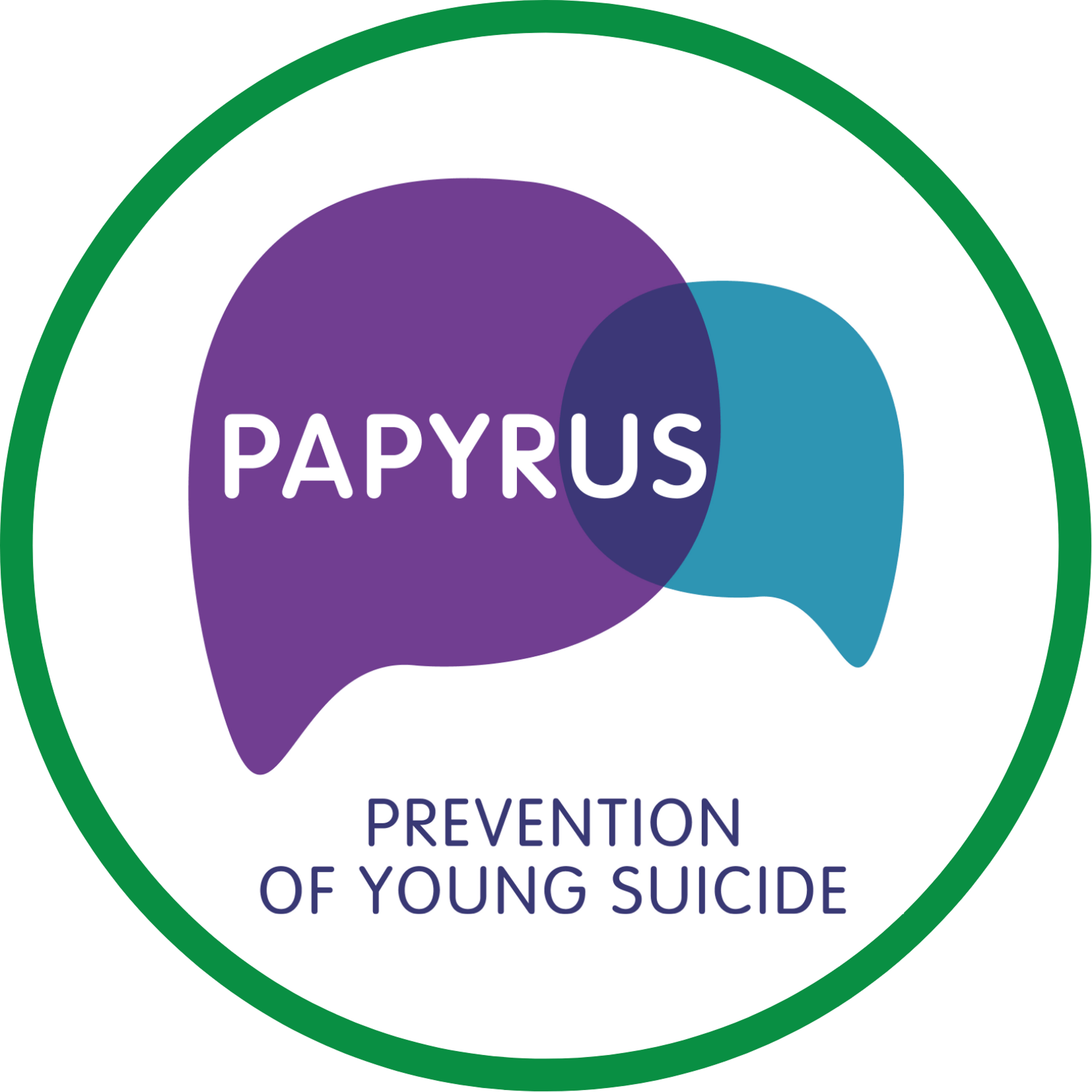

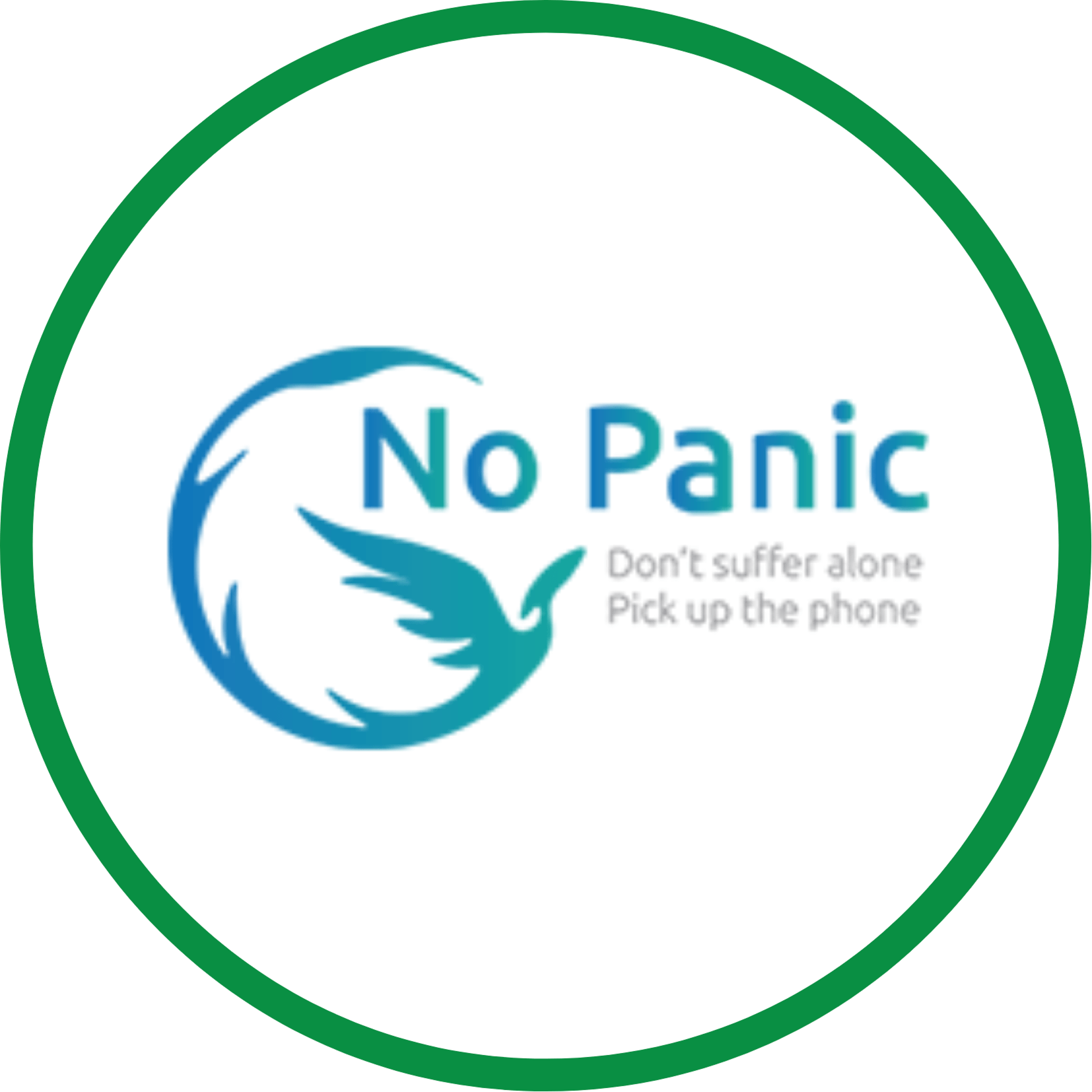
)
)
)
)
)
)
)
)
)
)
)
)
)
)
)
)
)
)
)
)
)
)
)
)
)
)
)
)
)
)
)
)
)
)
)
)
)
)
)
)
)
)
)
)
)
)
)
)
)
)

)